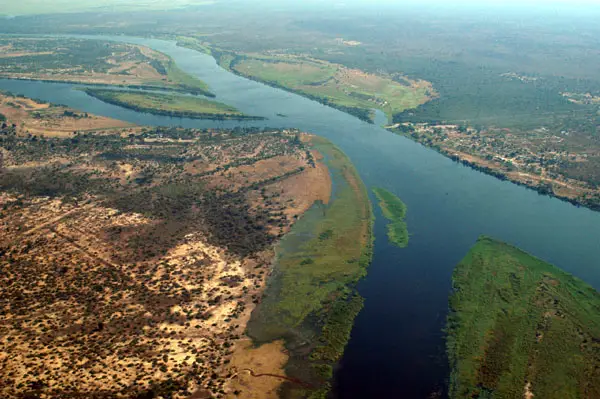Botswana seeks bidders on an ambitious project to combat drought, known as the Chobe Zambezi water transfer project. The country’s Water Utilities Corporation aims to move 495 million cubic meters of water annually from the Chobe-Zambezi river to its parched southern region, covering a distance of approximately 1,250 kilometers through pipelines.
Their Intention is to implement this project as a comprehensive collaboration between the public and private sectors, effectively employing a design-build-finance-operate-transfer model. In pursuit of this endeavor, the corporation has scheduled a market testing Zoom meeting for the upcoming Wednesday, where they will disseminate essential details to prospective bidders, fostering transparency and facilitating engagement with interested parties.
This proactive approach aims to ensure that all stakeholders are well-informed and prepared for their potential involvement in this significant project.
Commencement date for Chobe Zambezi water transfer project
It Is anticipated that the system will be fully operational by 2027 and also goal Is to select a concessionaire by the end of the following year and reach financial closure in 2025.
The pipeline network will extend from the strategic location of Kazungula, which lies in proximity to the Zambian border. Furthermore, the project entails the establishment of two supplementary pipeline branches, which will reach into the north-central regions of Maun and Boteti. This extensive network is not only a vital infrastructure development but also holds paramount significance for Botswana’s long-standing battle against recurrent drought challenges. The success of this ambitious project is seen as the linchpin In addressing and mitigating the persistent drought-related issues that have afflicted the region for years, ultimately bolstering the country’s water security and resilience in the face of water scarcity.
In 2015, an El Niño-induced drought commenced, resulting in water rationing and the depletion of groundwater reserves in certain regions. The nation’s water challenges are predicted to intensify due to the effects of global warming. The African Development Bank supports this project with the expectation that it will enhance Botswana’s food and food processing industries. Presently, Botswana heavily depends on food imports due to a shortage of fertile land.
Read also Botswana water pipeline construction to be fast-tracked

